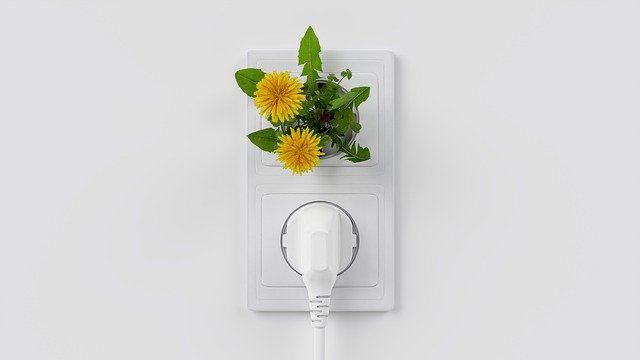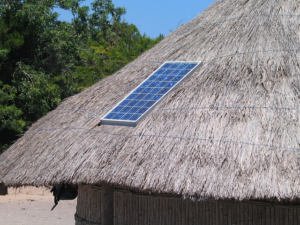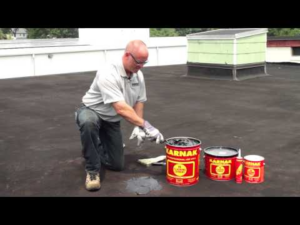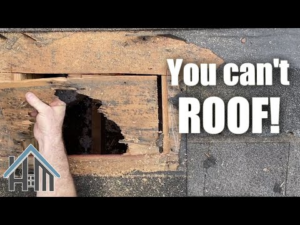
With fires, floods, hurricanes and other disasters putting the consequences of climate change high on the international agenda, many developed nations are finding renewed urgency in reaching net zero emissions targets by 2050, which will involve substantially cutting fossil fuel use.
For 2050, Israel has committed to a more modest goal, reducing total emissions by 85 percent from 2015 levels. That will include an 85% reduction in emissions from electricity production, but the country has not set an actual target for how much power will come from renewable resources — primarily the sun — by then.
The country did not come close to meeting a goal set by the Energy Ministry for 10% renewables by 2020, reaching only 6%. And despite vast desert tracts, plentiful solar rays and access to new technologies in efficient power generation and storage, there are serious questions as to whether even its goal of 30% renewables by 2030 is a realistic one.
Recent years have seen the Energy Ministry in full-throttle embrace of natural gas from large deposits found offshore. Karine Elharrar, who became energy minister in June, has indicated that she will oversee a shift in focus toward renewable energy, which she views as a top priority.
But there are still a number of hurdles that stand in the way of a solar revolution in Israel, including finding room for all the solar panels needed to supply electricity, upgrading the country’s outdated and insufficient electric infrastructure, and resolving organizational issues.
Lawmaker Karine Elharrar. (Yesh Atid, CC BY-SA 3.0, Wikimedia Commons)
One in eight Israelis who want to erect solar panels on their roofs are being told that there’s no room on the grid to handle the exchange. Some have begun pushing for a sea change in the way Israel’s grid is designed, advocating a move to a decentralized model that they say could more effectively harness solar energy in diffused fashion.
Bringing all the pieces together will require coordinating between a mind-boggling array of ministries, state agencies, private stakeholders and others. But the body charged with plotting out what will need to happen to hit the targets only started work in December.
Stepping on the gas
Yuval Steinitz, who was energy minister from 2015 until June, may best be remembered as a champion of natural gas.
Israeli Minister of Energy Yuval Steinitz during a discussion on a bill to dissolve the parliament, at the Knesset, in Jerusalem on May 29, 2019. (Hadas Parush/Flash90)
It was he who refused to set any target for renewable energy generation for 2050, saying that too little was known about how the technology …….
Source: https://www.timesofisrael.com/the-sun-is-shining-so-why-isnt-israel-making-hay-of-its-solar-energy/






